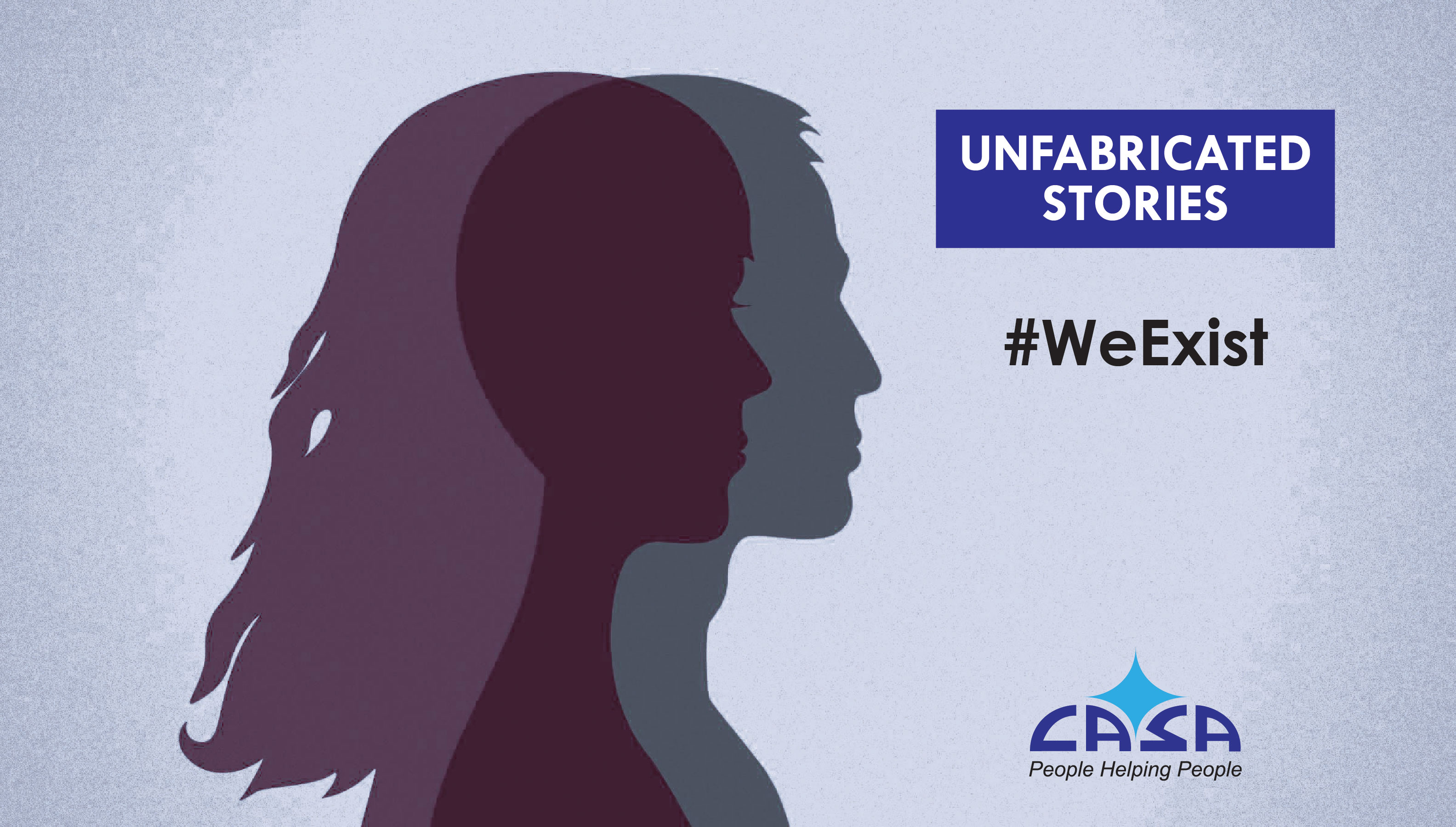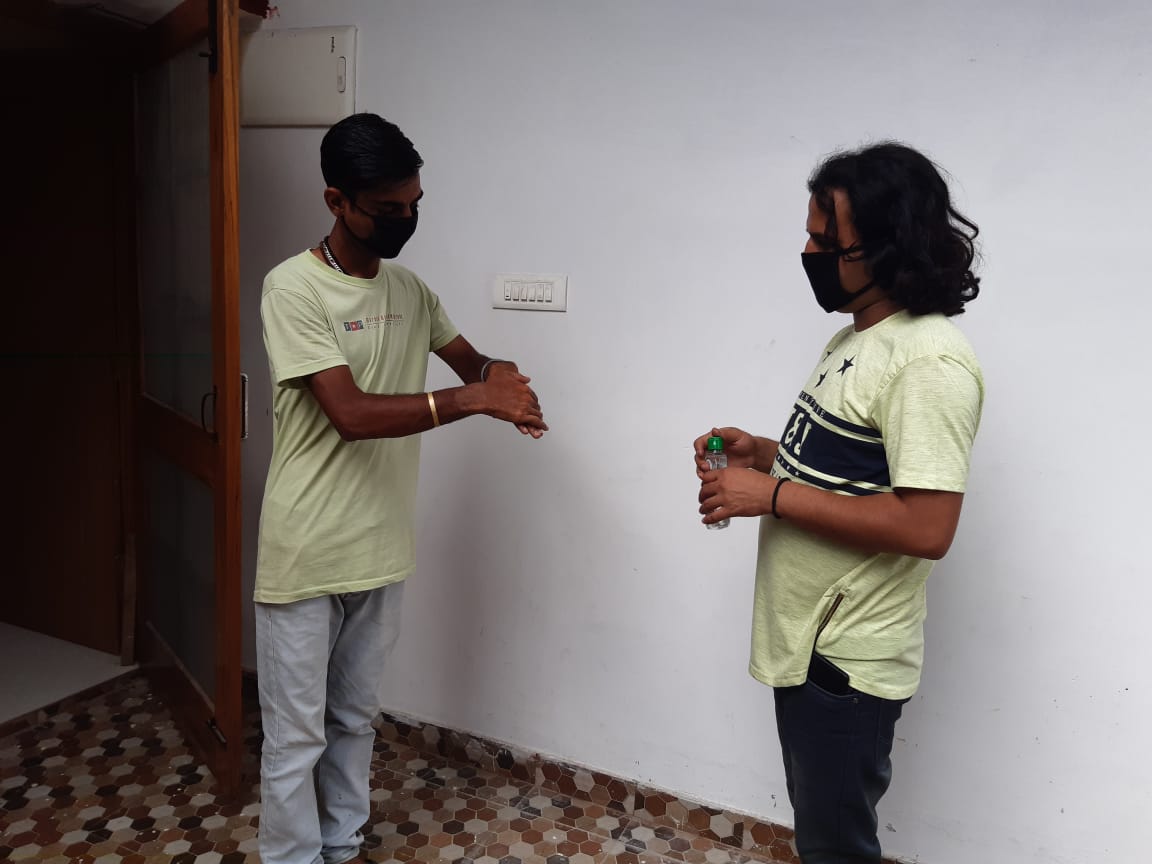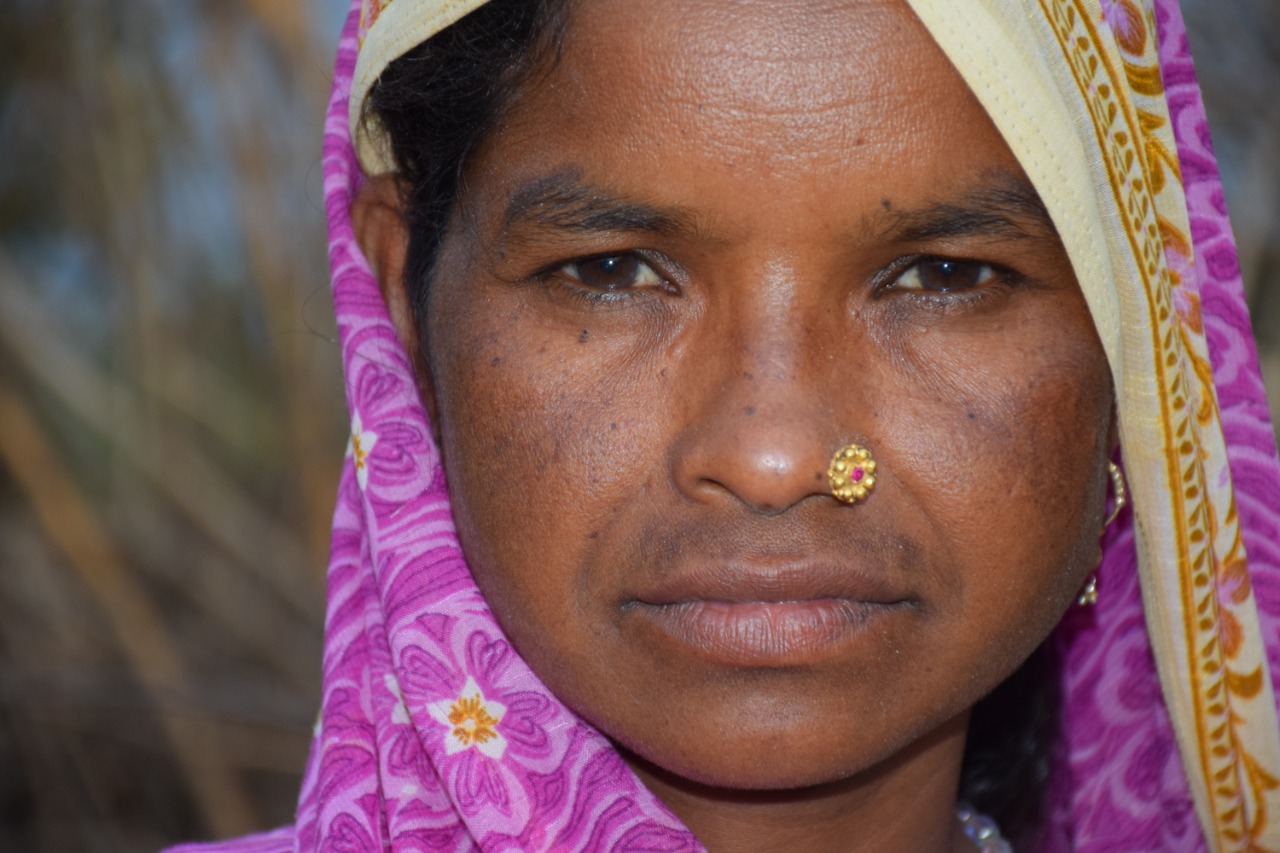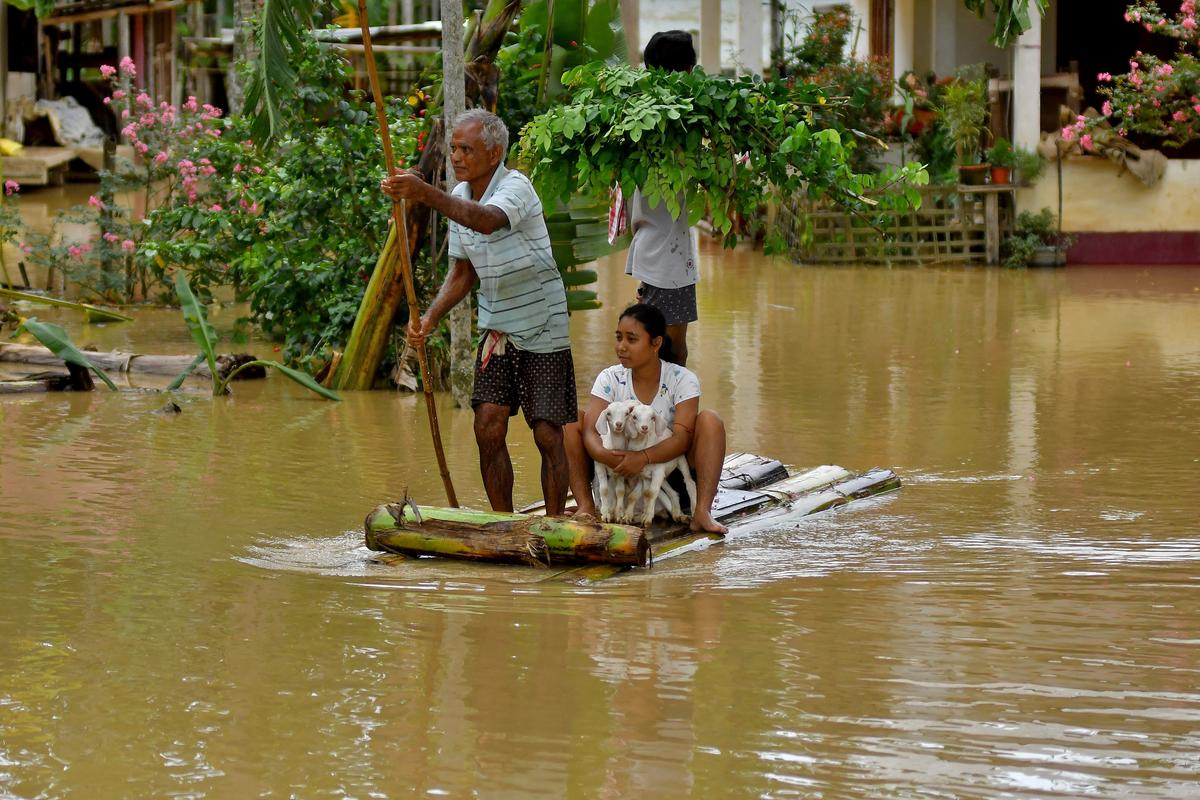CASA BLOGS

In the Pursuit of Acceptance
“Sometimes I feel being a transgender is a curse. There is no-one to turn to for support and guidance. Our lives are rife with unseen difficulties.”
Living on the fringes of the society but constantly the centre of discrimination and injustice, the transgender community of our country has seen history and the present riddled with unimaginable adversities.
Komal(name changed) is a 25-year-old transgender woman from Dehradun, Uttarakhand. Being the youngest amongst four siblings, she was constantly subjected to derision and disdain by her family, with everyone telling her to ‘be like a boy, not like a girl.’ Her attempts to share her concerns and troubles with her family members failed numerous times. People just weren’t willing to listen and understand her.
Nevertheless, she worked hard and pursued her B.Tech degree, after which she got employed in a factory. But the feeling of alienation from the colleagues was evident. “It was difficult to convince my colleagues about my feelings as a girl. They were uncomfortable in sharing gender-specific areas, such as toilets, with me.”
Komal faced harassment and apathy from her colleagues. Thus, even after being a competent person, she was compelled to leave the job. This was when she decided to openly come out as a transgender. But to her dismay, employment opportunities ceased to exist after her declaration.

Komal receiving aid under CASA’s Covid-19 response programme
“The society is still not ready to accept me as a transgender. Standard tasks are a challenge for me; I constantly face an identity crisis in a society where everything warrants gender identification including toilet, ration card, account Check-in, driving license, PAN etc.”
There are over 4.88 lakh identified transgenders living in India, according to the Census 2011. The third gender was recognized in 2019 in India. However, the living conditions and treatment towards transgenders in our country is abysmal. The people are highly deprived of the right to participate in any form of economic activity regardless of one’s qualification and competency. This compels many to resort to begging or choose sex work to sustain them. Access to basic healthcare infrastructure is minimal and sometimes denied.
The Covid-19 pandemic has aggravated the problem. A majority of the transgender community are daily wage earners and thus social distancing measures and the lockdown have affected them a lot. Many of them don’t have access to basic documentation like Aadhar Card, Ration card etc., and thus non-availability of suitable ID cards impedes the process of getting benefits from the government. They are also left out from the several assistance programs launched by the government, which promise to provide assistance to other vulnerable sections of the society.
The stigma attached to them runs deeper. During the pandemic, there have been increased incidences wherein people are avoiding communication with the transgender people, fearing that they would contract the virus. Posters have been posted in some areas warning people
about the same. The transgender community has been bearing the brunt of discrimination and stereotypes ever since.
Many of the people are undergoing treatment and are under medication. Regular clinic checkups are required in some of the treatments, which have been disrupted due the pandemic. The prevalence of HIV among transgender is 3.1% as compared to the 0.26% among all adults. This raises concerns over the increased susceptibility of the affected towards Covid-19, as their immune system is already compromised. There are also concerns among them about the availability and supply of their medications, as many feel that the chemists wouldn’t stock up enough supply due to the pandemic.
Komal, an HIV-positive patient herself, felt extremely anxious when she got the news.
“My world came crashing down when I came to know that I was infected with HIV. Now, I have to take care of my health even more.”
She was working for a while to bear the expenses of her treatment and medicines. But the Covid-19 pandemic resulted in a loss of livelihood, leaving her jobless, anxious and devoid of any support.
In this hour of crisis, CASA approached her to provide her aid. Under the Covid-19 response programme, she was provided with a monetary sum of thousand rupees along with dry ration supplies. “I am highly obliged to CASA for helping me when no-one else did.”
The Covid-19 pandemic has disrupted the normal day-to-day lives of thousands of people across the country, coming from all walks from life and various communities. CASA is striving to widen its outreach and provide support to many other vulnerable people, in an attempt to help them improve their lives.
Written by Sudarshana Chatterjee, Intern, Communications
 Previous Blog Post Quest to redefine my identity
Previous Blog Post Quest to redefine my identity Seen through an Invisible Lens
Seen through an Invisible LensFeatured Post

Mental Health Awareness in India: Addressing Key Challenges
8 Nov 2024
Mental health awareness is crucial in India, where millions silently struggle with mental health disorders, including depression, anxiety, and bipolar disorder. Despite growing recognition, India faces unique challenges in effectively addressing mental health issues. The stigma associated with mental illness remains a primary barrier. In Indian society, mental health issues are often misunderstood, leading to […]

Ensuring Girls’ Safety in India: A Path Toward Empowerment
20 Aug 2024
Girls’ safety in India remains a critical issue that has garnered increasing attention over the years. Despite various reforms and efforts from both government and civil society, challenges persist. From street harassment to domestic violence, gender-based discrimination continues to limit the freedom and safety of girls. While significant progress has been made in addressing these […]

The Connection Between Monsoons and Floods in India: An In-Depth Analysis
9 Jul 2024
India, a land of diverse climates and geographical features, relies heavily on the monsoon season for its agricultural and water resources. However, with the benefits of the monsoon rains come significant challenges, particularly in the form of floods. This blog explores the intricate relationship between the monsoon season and flooding in India, providing detailed insights […]


